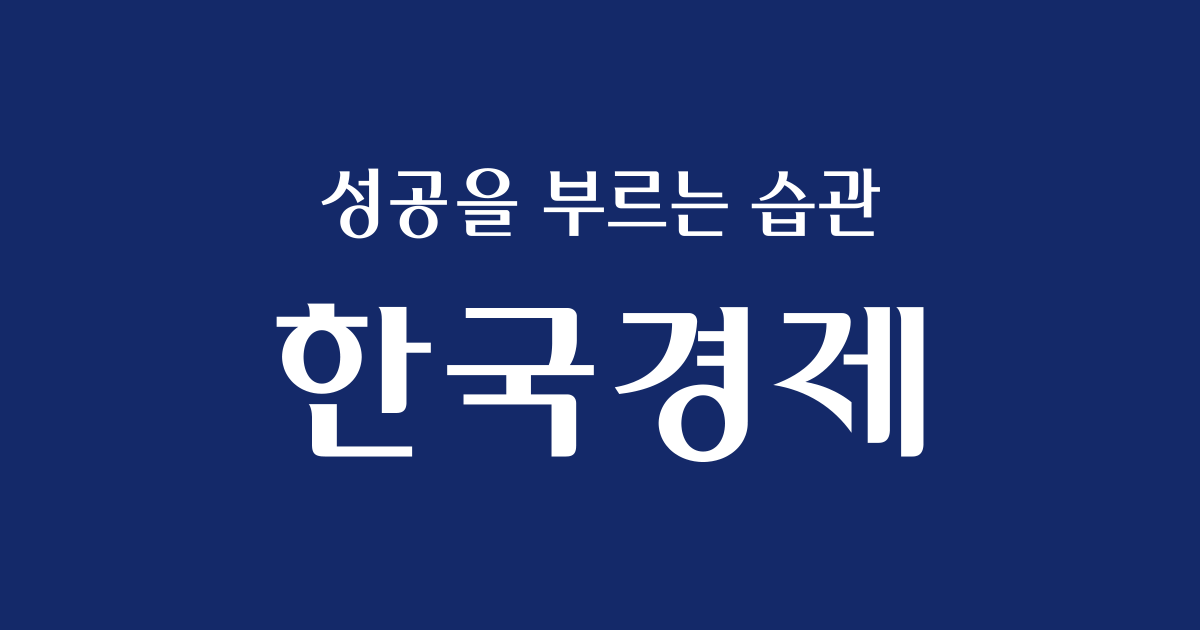![[취재수첩] Real estate policy failure called'tax bomb'](https://i0.wp.com/img.hankyung.com/photo/202103/07.19533956.1.jpg?w=560&ssl=1)
“Does the government raise the house price and only catch the benevolent citizens?”
The reaction poured into internet real estate cafés when the government announced the ‘2021 public housing price (proposal)’ on the 15th. The official price of apartment houses nationwide this year soared 19.08% from last year. Most autonomous districts in Seoul recorded an increase rate of 20-30%. Sejong City (70.68%) rose vertically like Bitcoin. The published price affects not only the comprehensive real estate tax and property tax, but also over 60 expenditure items such as health insurance premiums, basic pensions, and disability pensions. If the publicly priced soared, even if you own only one house, the burden of taxes, etc., rises like a snowball.
The most noteworthy part of this year’s quoted price is that it rose to its maximum in 14 years after 2007 (22.70%). However, the government did not appear to be responsible for this. Rather, “the market price reflection rate was 70.2%, which rose only 1.2 percentage points from last year,” and “the market price rise is the biggest factor”, and so on. In a word, it is “there is nothing wrong with the government in raising the publicly priced price.”
In the press release on this day, as if fearing the backlash from the soaring public announcement price, the phrase ‘92.1% of apartment houses are less than 600 million won in public housing’ was put on the front. It also added an explanation that property taxes for one-home households with a public price of 600 million won or less will decrease compared to the previous year due to a reduction in the tax rate. However, according to the Ministry of Public Administration and Security, property tax revenues alone are expected to increase by 360 billion won from last year as the publicly announced price increases. An official from the Ministry of Strategy and Finance avoided the answer, saying, “It is not easy to analyze exactly how much it will increase because it is a tax on a person-by-person basis.” The impression that the government is trying to hide the increase in tax revenue cannot be erased.
Most experts cite government policy failure as the cause of soaring home prices. After the inauguration, the government came up with 25 measures, tying most of the metropolitan area to regulated areas and tightening loans. Regulations on maintenance projects were also strengthened, such as the reconstruction excess profit return system and the obligation to live for two years for reconstruction. As a result, housing supply declined and house prices rose, leading to a panic buying (panic buying) phenomenon. In July of last year, the jeonse market was overheated by enforcing the lease protection law, such as the right to apply for contract renewal and the ceiling system for jeonse and monthly rent. The price of a house in Sejong, which had been quiet, jumped sharply as discussions began in earnest after Kim Tae-nyeon, the Democratic Party leader’s remarks on the relocation of the National Assembly’s Sejong House. This is why complaints such as “I have never asked the government to raise the price of a house” and “a rising house price does not mean an increase in income” are all over the place.
The government plans to raise the quoted price to 90% by 2030. Even if the house price no longer rises, the published price rises every year. Next year, more commoners and retirees will likely sigh with increased tax bills.
Ⓒ Hankyung.com prohibits unauthorized reproduction and redistribution
